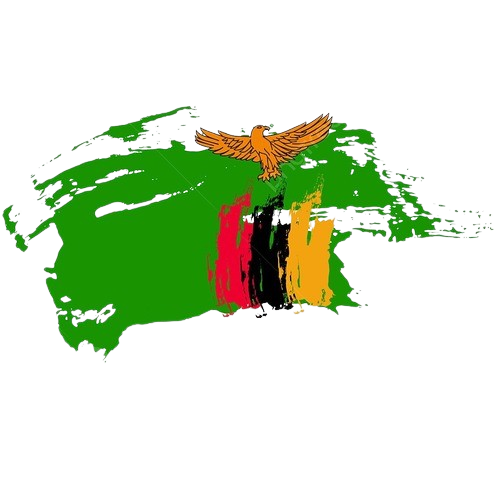Joiner class | Guava | Java

Guava’s Joiner class provides various methods to handle joining operations on string, objects, etc. This class provides advanced functionality for the join operation.
Declaration: Following is the declaration for com.google.common.base.Joiner class :
@GwtCompatible public class Joiner extends Object
The following table gives a brief summary of the methods provided by Guava’s Joiner class:
Example:
// Java code to show implementation of// Guava's Joiner class's method import com.google.common.base.Joiner;import java.util.*; class GFG { // Driver's code public static void main(String[] args) { // Creating a string array String[] arr = { "one", "two", "three", "four" }; System.out.println("Original Array: " + Arrays.toString(arr)); // Use Joiner to combine all elements. // ... Specify delimiter in on method. // The last part of the Joiner statement, join, // can receive an Iterable (like an ArrayList) or // an Object array. It returns a String. String result = Joiner.on("...") .join(arr); System.out.println("Joined String: " + result); }} |
Output:
Original Array: [one, two, three, four] Joined String: one...two...three...four
Some more methods provided by Guava’s Joiner class are:
Example:
// Java code to show implementation of// Guava's Joiner class's method import com.google.common.base.Joiner;import java.util.*; class GFG { // Driver's code public static void main(String[] args) { // Creating a string array String[] arr = { "one", "two", null, "four", null, "five" }; System.out.println("Original Array: " + Arrays.toString(arr)); // Unlike the standard join method, we can // filter elements with a Joiner. With skipNulls, // null elements in an array or Iterable are removed. // Often null elements are not needed. // $$ Specify delimiter in on method. // The last part of the Joiner statement, join, // can receive an Iterable (like an ArrayList) or // an Object array. It returns a String. String result = Joiner.on('+') .skipNulls() .join(arr); System.out.println("Joined String: " + result); }} |
Output:
Original Array: [one, two, null, four, null, five] Joined String: one+two+four+five
Reference: Google Guava Joiner Class






